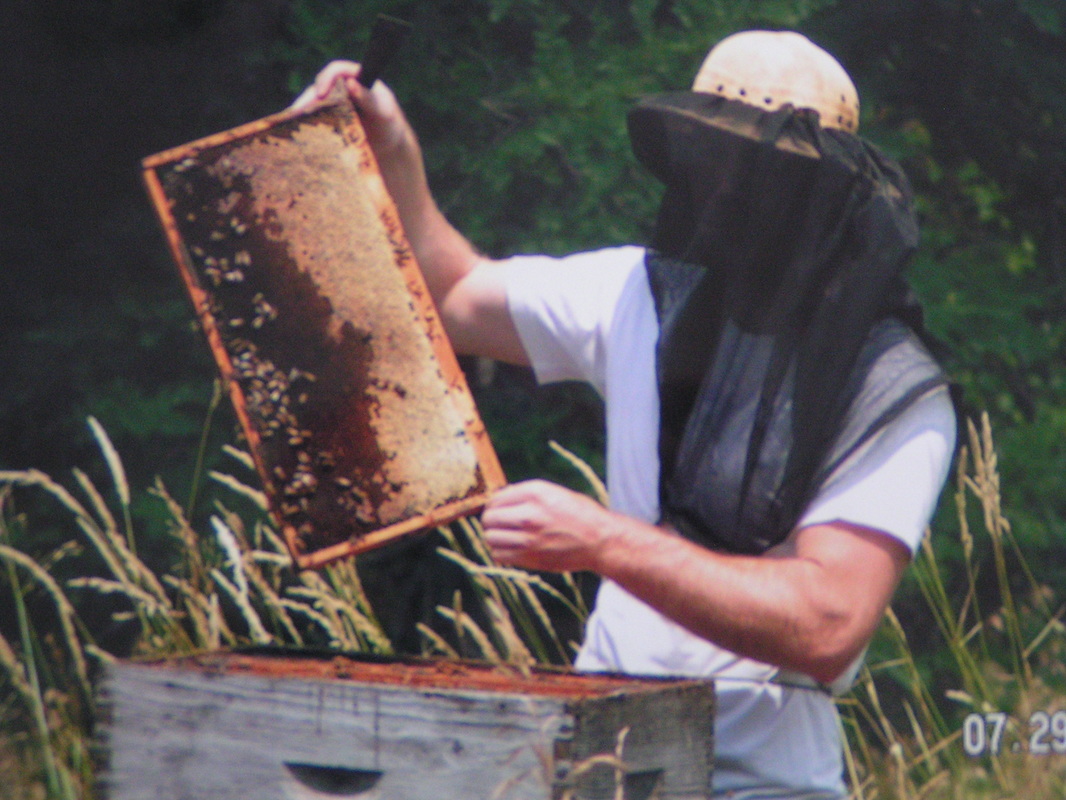"Researchers are saying there are many other inadvertent negatives of the onslaught of so many pesticides, including the catastrophic declines in honeybee populations, termed “colony collapse disorder.” Bee pollination is a lucrative business and a critical constituent to high-value crops – including apples, cherries, almonds, pumpkins, cranberries, blueberries and watermelons – but what would be the long-term effects if bee colonies were to be wiped out by pesticides?
Dr. Jim Frazier, professor of entomology at Penn State University, told The Sacramento Bee this past week, “The threats facing pollinators should raise concerns, as sub-lethal impacts on bees are more serious than we had initially thought.”
The Bee also noted, '“(Beekeepers) raise special concerns with neonicotinoids, a class of systemic pesticides that is taken up a plant and expressed through the plants through which bees then forage and pollinate. … Threats to pollinators, especially commercial honey bees, concern the entire food system.'"
Americans drinking pesticide for breakfast. Chuck Norris explains how imported fruit is poisoning U.S. food supply

 RSS Feed
RSS Feed
